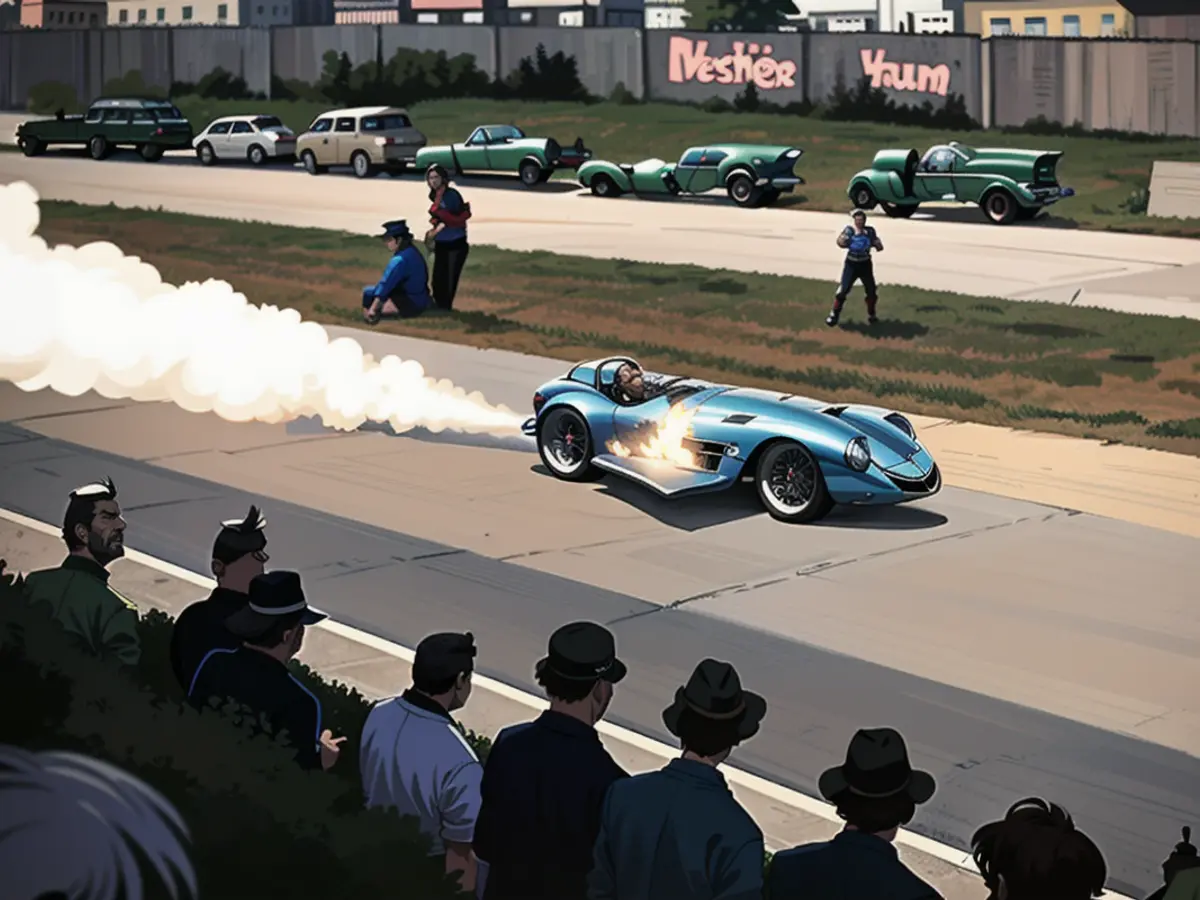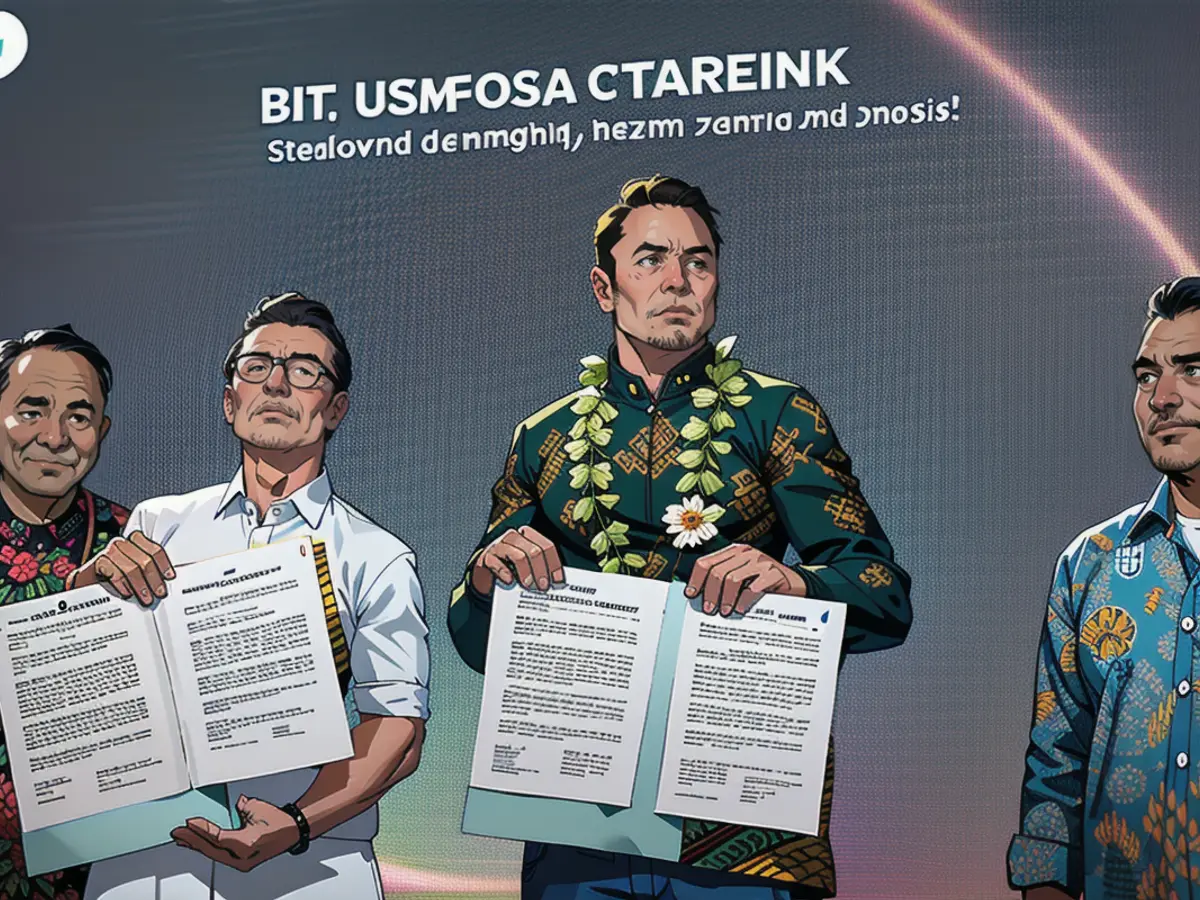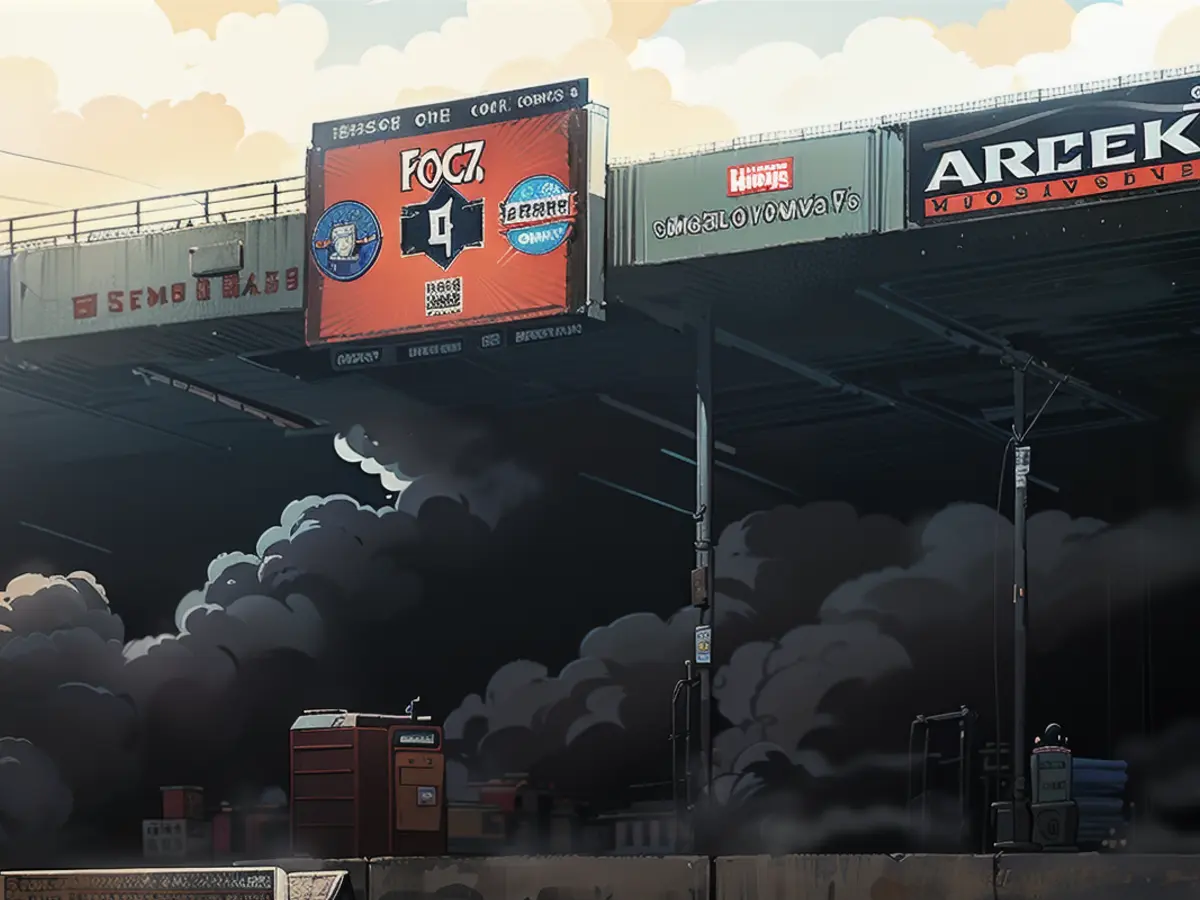Agriculture - Farmers plan large-scale protest even after concession from federal government
Regardless of the concessions made by the federal government, there are likely to be widespread farmer protests in Bavaria next week, including possible traffic blockades. The Bavarian Farmers' Association (BBV) and the "Landwirtschaft verbindet Bayern" association unanimously rejected the Berlin concessions on Thursday. Both organizations therefore do not want to stop the planned demonstrations. There is concern in several municipalities that traffic could collapse. Numerous demonstrations at traffic junctions and highway ramps have been requested by farmers.
The traffic light coalition originally wanted to abolish both the tax concession for agricultural diesel and the exemption of agricultural vehicles from vehicle tax. This tax exemption is now to remain, but the federal government is sticking to the abolition of the agricultural diesel concession - not in one step as initially planned, but spread over three years.
"Maintaining the exemption from vehicle tax for tractors and harvesters is not enough; the Bundestag must also revoke the abolition of the energy tax refund on agricultural diesel," said BBV President Günther Felßner. "Agriculture unites Bavaria" is also calling for this. "We will not stop our demonstration plans," said board member Christoph Huber.
The first day of the planned week of protests is next Monday. There are fears in the municipalities that the situation could get out of hand and make reasonably regulated traffic impossible. One example: the city and district of Schweinfurt. "Since neuralgic traffic junctions in particular are to be blocked with agricultural vehicles, there may be noticeable traffic disruptions throughout the region," the two municipalities announced. "It can also be assumed that access to freeways (especially the A70) will be severely restricted and in some cases not possible."
In the Allgäu region, the city of Memmingen issued a general order as a precautionary measure: "Emergency and rescue routes must be kept clear at all times and, if necessary, cleared on the instructions of police officers," the order states. The Swabian municipality has also banned protest rides on the highway and its on- and off-ramps. Concerned statements and appeals to the protesting farmers also came from several other municipalities.
Bavaria's SPD leader Florian von Brunn called for consistent action in the event of criminal offenses and violations of the law. He understood that the farmers wanted to protest and thus exercise their important fundamental right, "but of course there must not be double standards for protesting farmers and the Last Generation", said von Brunn.
With regard to the announced protests and strikes on January 8, von Brunn explained that he had "indications that the protesting farmers are planning to block highways".
In the past, the police in Bavaria had taken climate activists into so-called preventive custody to prevent protests, and CSU politician Alexander Dobrindt compared climate activists to terrorists. According to the Police Duties Act, citizens can be detained for up to one month following a judicial decision in order to prevent the commission of an administrative offense of considerable importance to the general public - such as blocking important roads - or a criminal offense.
The head of the CSU parliamentary group in the state parliament, Klaus Holetschek, accused the SPD of criminalizing farmers even before the start of the protest week. "The CSU, on the other hand, stands firmly and with great solidarity by the side of our agriculture, some of which is fighting for its existence as a result of the traffic light policy."
The background to this debate and the SPD accusations is that many farmers have been politically close to the CSU for decades. In recent years, however, there has been increasing alienation between farmers and the party, exacerbated by the tightening of bureaucratic requirements and environmental regulations, among other things. There are also concerns within the farmers' association that extremists, particularly from the right-wing camp, could jump on the bandwagon of the protests.
The leadership of the farmers' association has also come under pressure from the membership in recent years because many farmers feel that the association's leaders in Berlin and the state capitals are too permissive. And within the state government, there are constant conflicts behind the scenes because Minister of Economic Affairs Hubert Aiwanger (Free Voters) is trying to make himself the mouthpiece of farmers' concerns. This repeatedly triggers anger within the CSU, as can be heard from the party and state government.
Read also:
- A clan member is punished here
- Traffic lawyer warns: Don't talk to the police!
- Will he be convicted as Jutta's murderer after 37 years?
- He also wanted to kill his cousin
Source: www.stern.de



